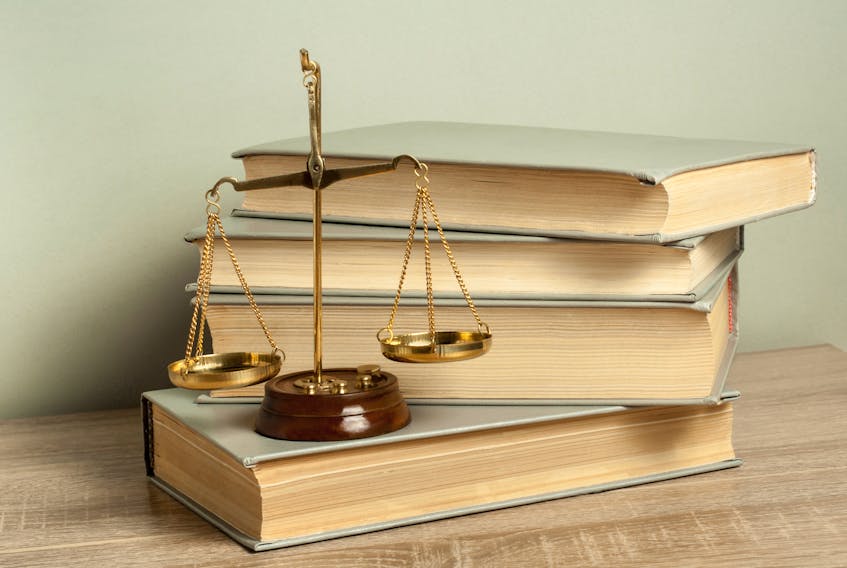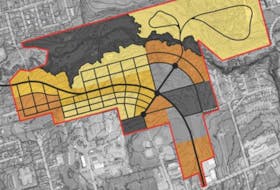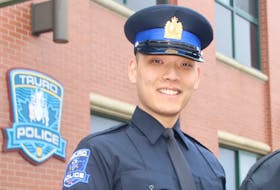SYDNEY, N.S. — Proving a sexual assault allegation requires swift work from police to collect evidence to prove a crime happened, consent didn't and to determine the identity of the alleged assailant.
Dave Worrell, a retired police officer with 35 years experience, spoke to the Cape Breton Post about steps law enforcement usually takes after receiving a report of sexual assault.
Over his career, Worrell was with the RCMP and then the Halifax Regional Police working in major crimes and investigated many sexual assaults. Now, Worrell works as a private investigator and consultant.
He spoke about police work and not about the sexual assault investigation involving a woman the Cape Breton Post has named Jane. Worrell didn't know the details of that case when speaking about police procedures.
SECURE SCENE
Securing the scene of an alleged sexual assault is the first thing police usually do when there is a report of the crime, said Worrell.
If the purported crime scene involves a house, it's taped off with an officer stationed outside. If the scene includes a vehicle, alerts are put out to find it and if it's located, it's then seized so the forensic team can look for evidence.
This is a way to limit any contamination of evidence, said Worrell, who indicated the importance of collecting it as quickly as possible.
Worrell said at the same time the scene is being secured for investigators and forensic teams, generally it is standard practice to ask the victim if they'd consent to a sexual assault examination kit at the hospital by a sexual assault nurse examiner.
"A sexual assault kit, which used to be called a rape kit, is standard to do with a sexual assault that's just been reported … Generally, a uniformed officer would stay with (the victim) until it is done," he said.
"All that evidence from that kit is handed over to police and a decision is made within the next few days whether or not to … have it sent to the lab for analysis."
Worrell said other ways police collect evidence include speaking to people who live in or were in the area of the sexual assault when it happened. Like securing the scene, Worrell said canvassing possible witnesses is best done as soon as possible after the report is made.
IN THE COURTS
Dr. Wayne MacKay is a professor at the Schulich School of Law at Dalhousie University in Halifax who spoke generally about what evidence lawyers want to have when prosecuting sexual assault cases.
MacKay had no prior knowledge of Jane's case when he spoke to the Cape Breton Post.
Because the burden of proof is on the prosecution, MacKay said evidence from a sexual assault kit is the first thing they look for. This can help prove the assault happened.
"Because of the requirements that evidence be as strong as it can be, and little chance for it being tampered with or anything, that it's really important that evidence be taken quickly and preserved properly … and properly stored," MacKay said.
Along with other physical evidence police might collect, MacKay said prosecutors are looking for anything that helps prove the victim didn't consent and trauma-informed experts are now often brought in to testify on behalf of victims.
Nicole Sullivan is an immigration/diversity and education reporter for the Cape Breton Post.









